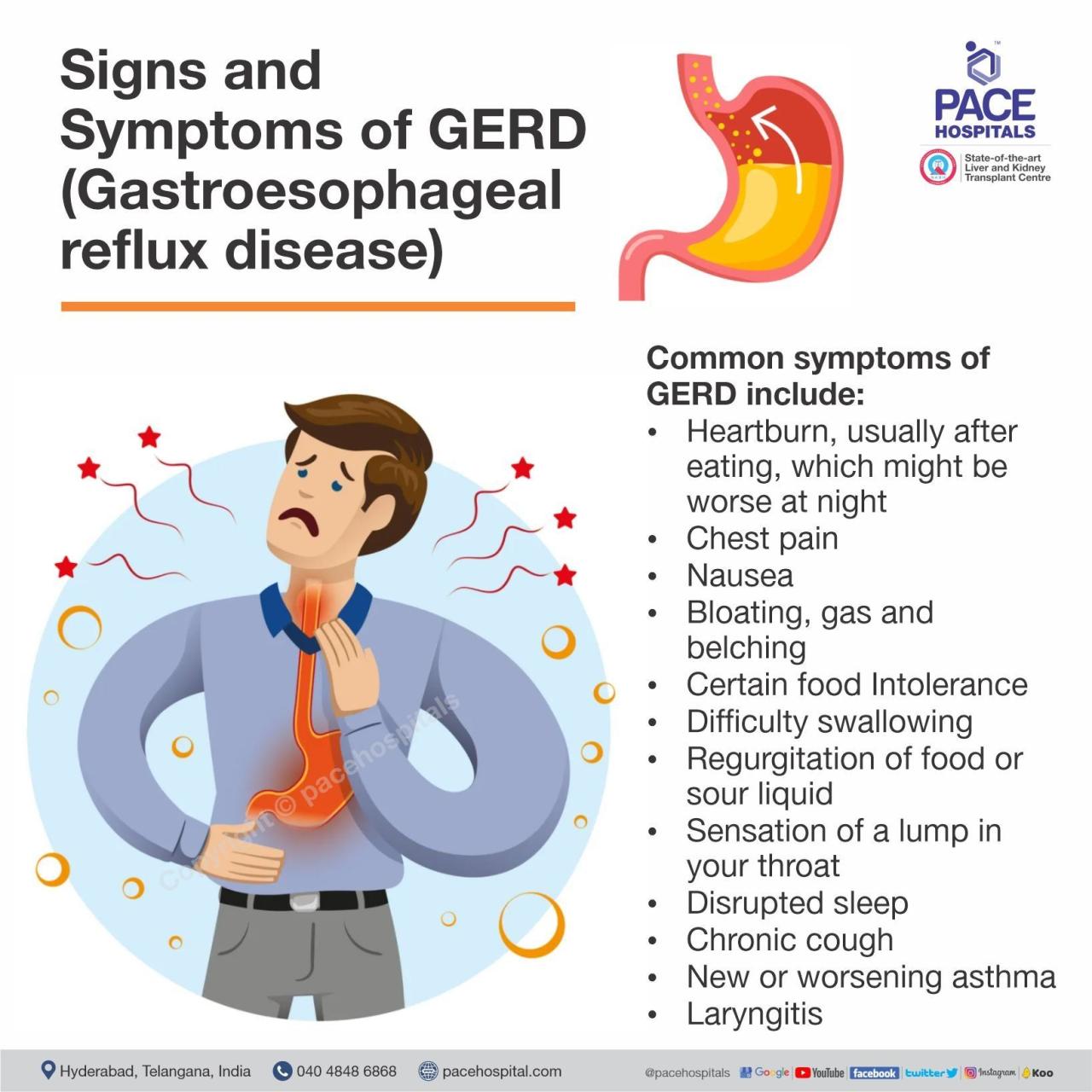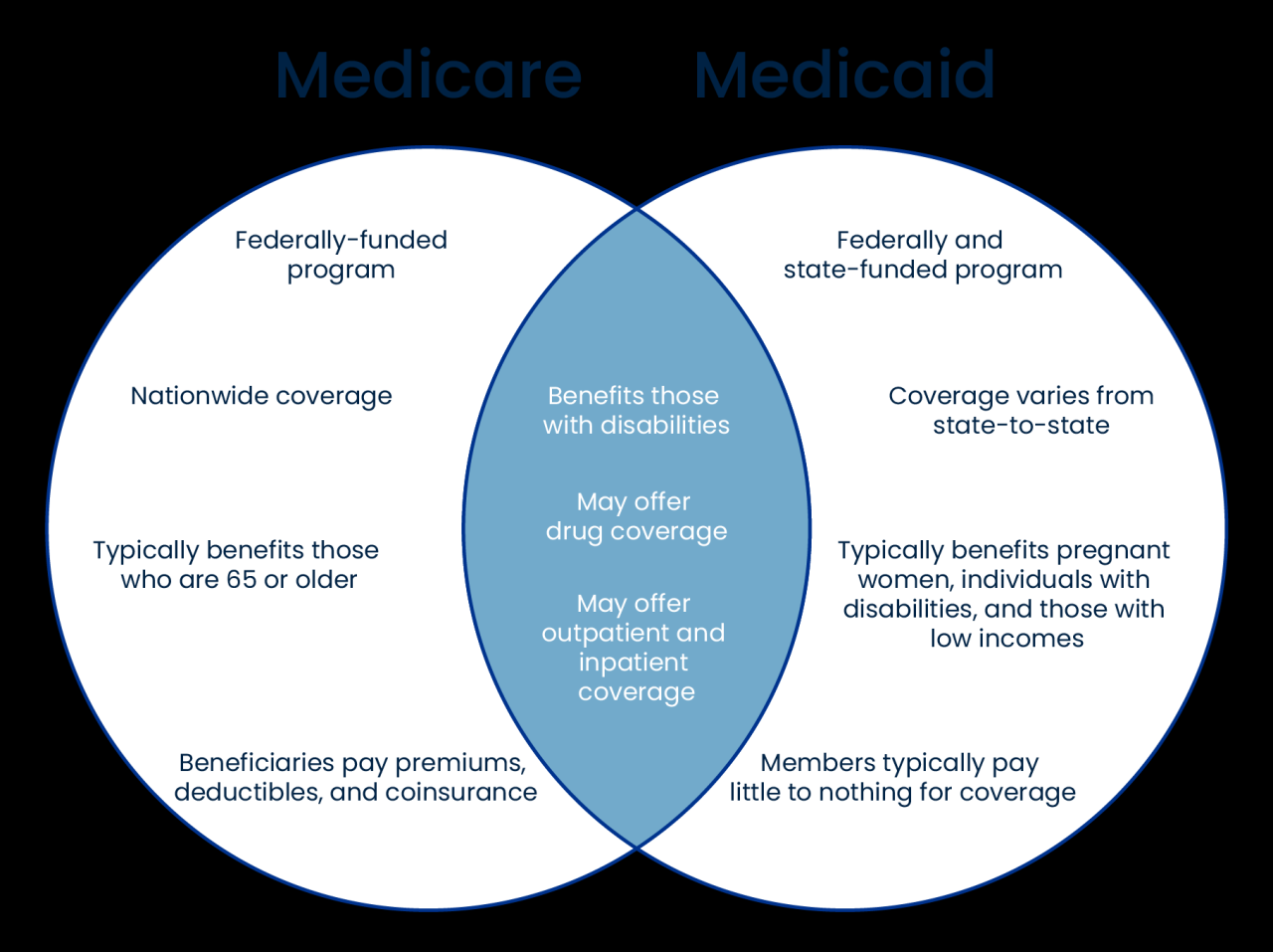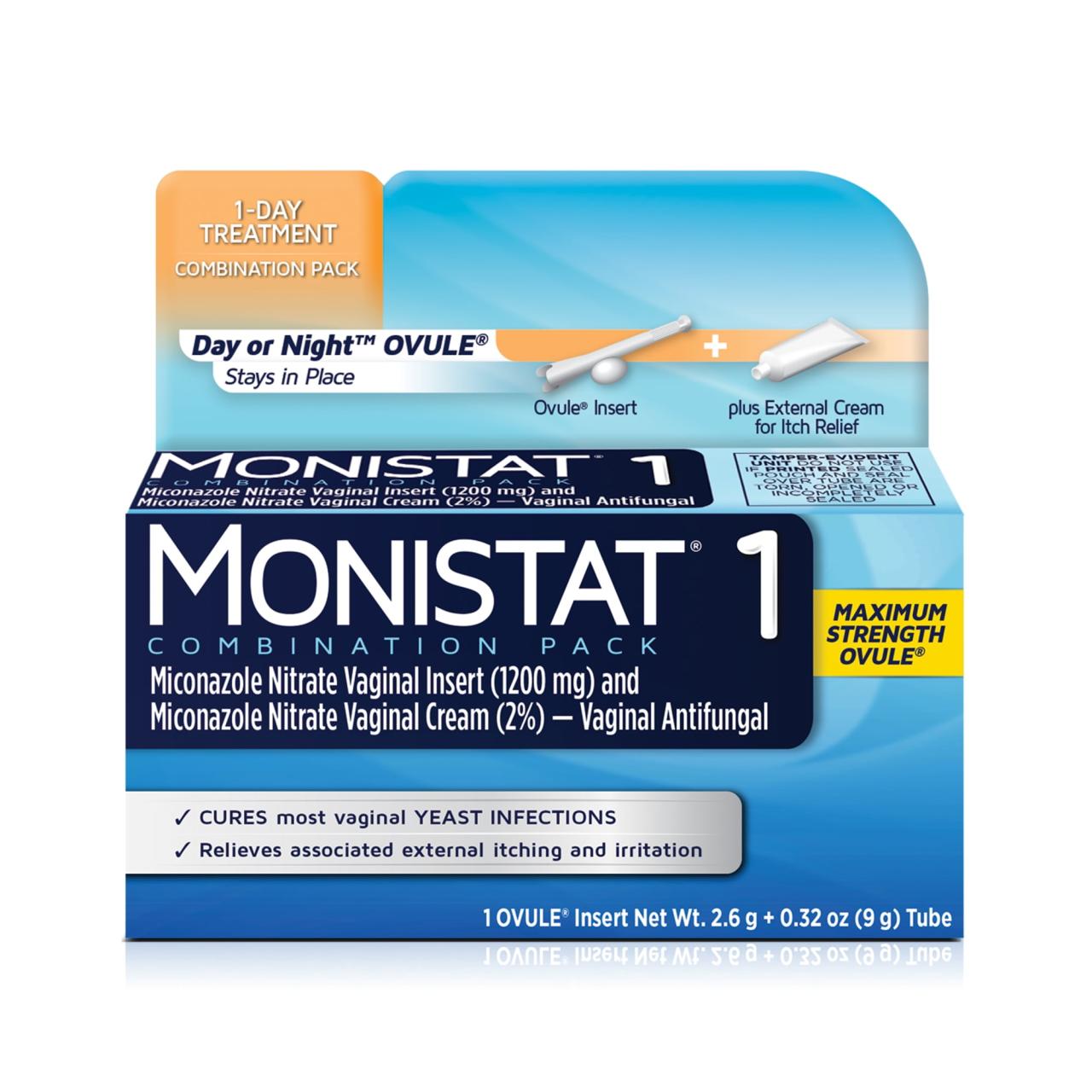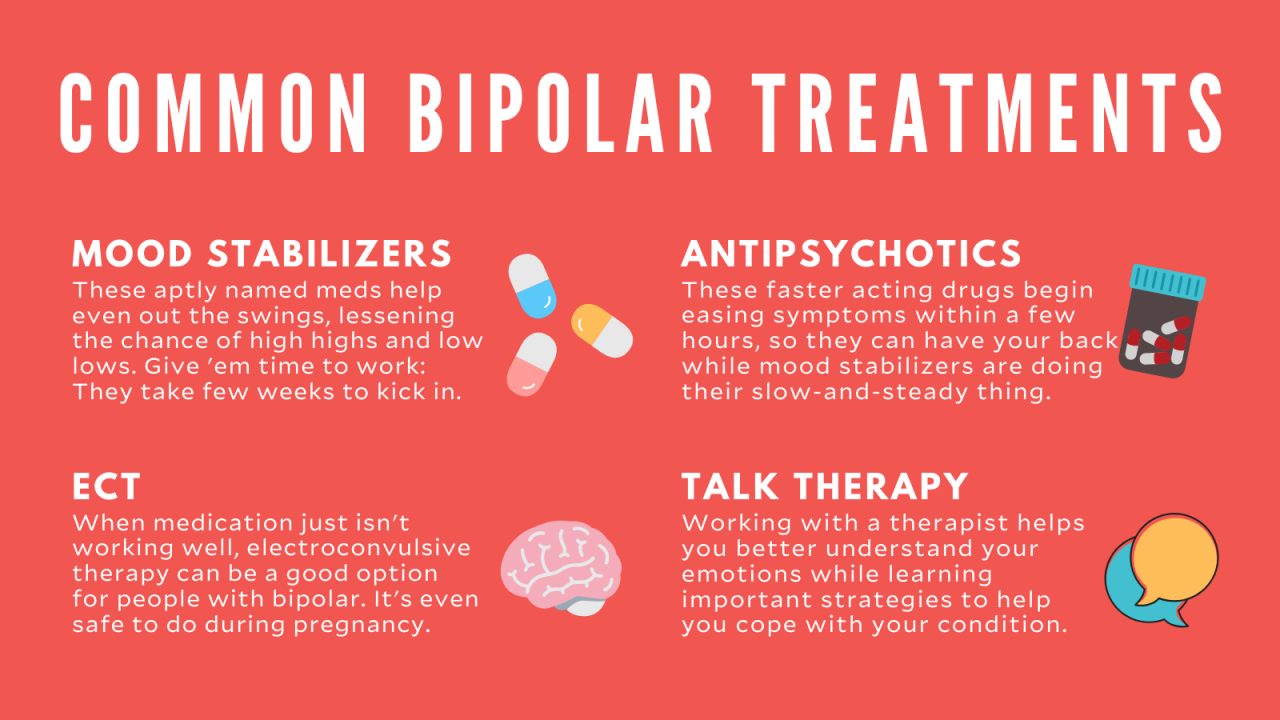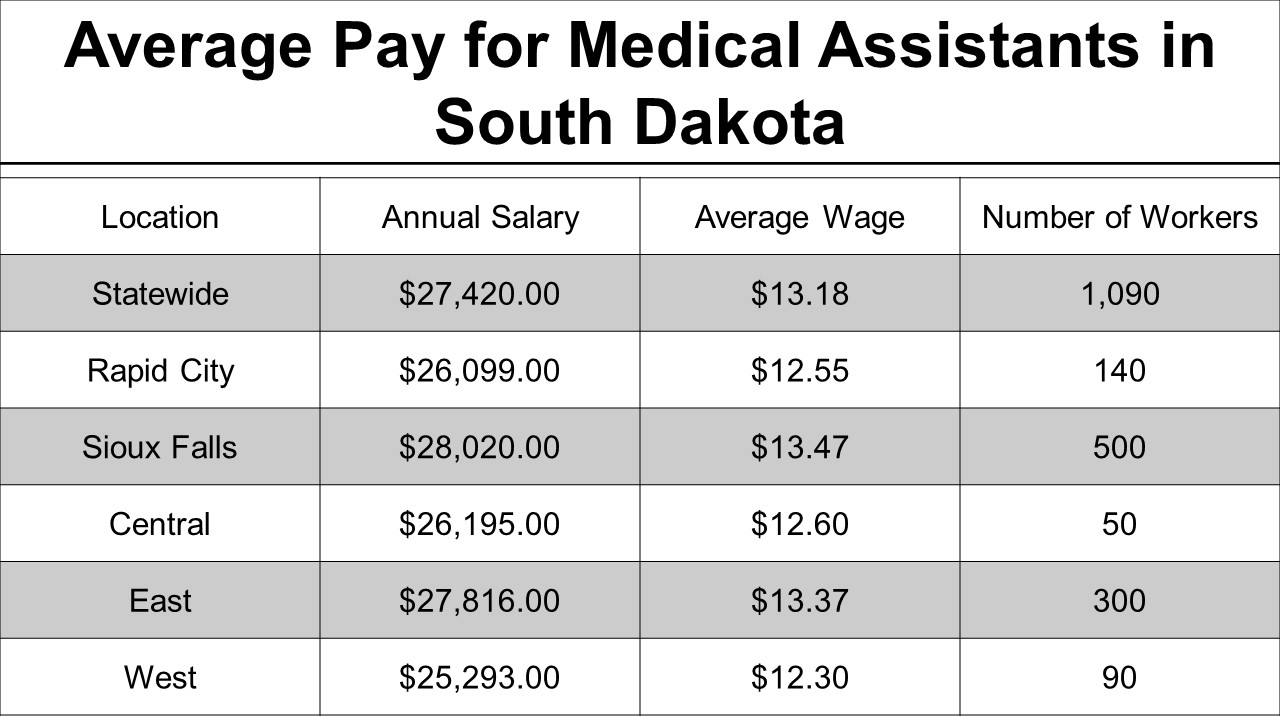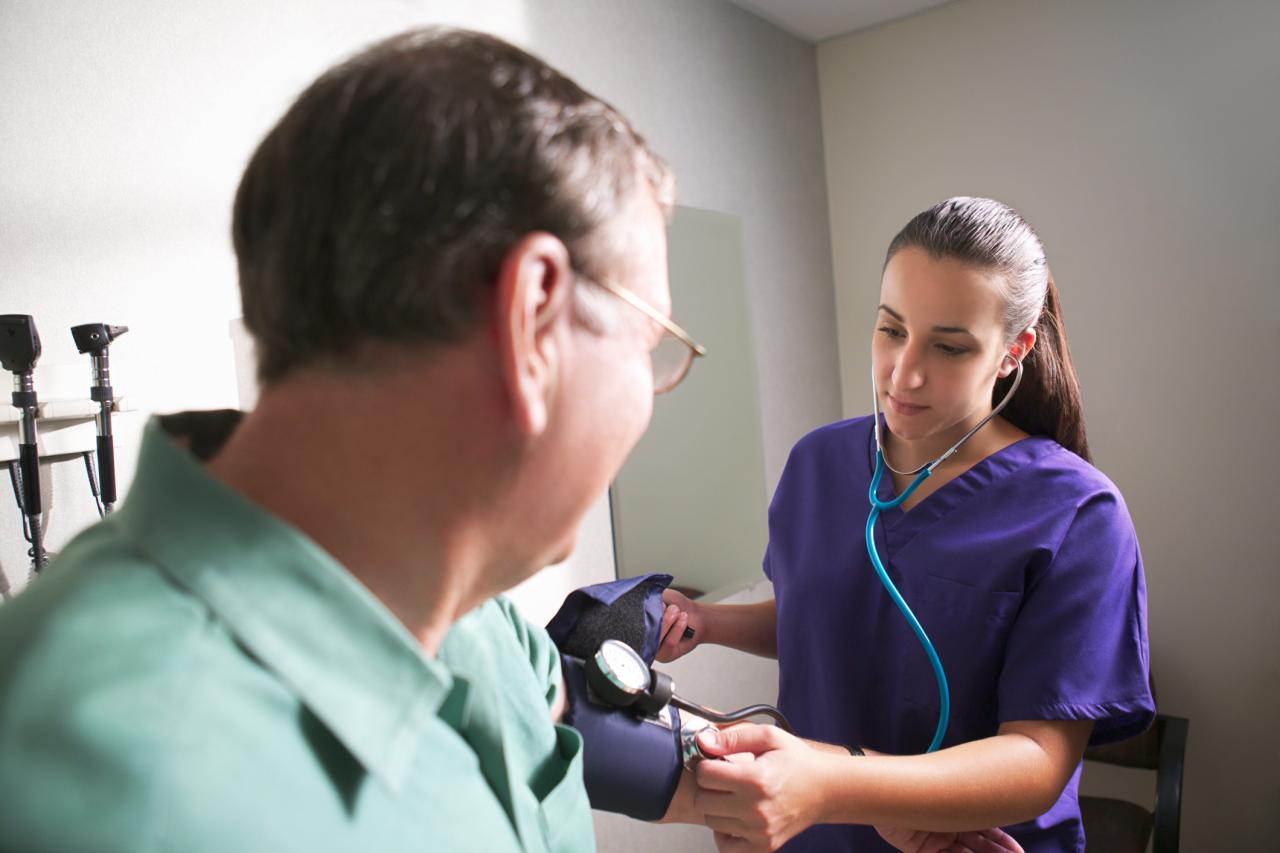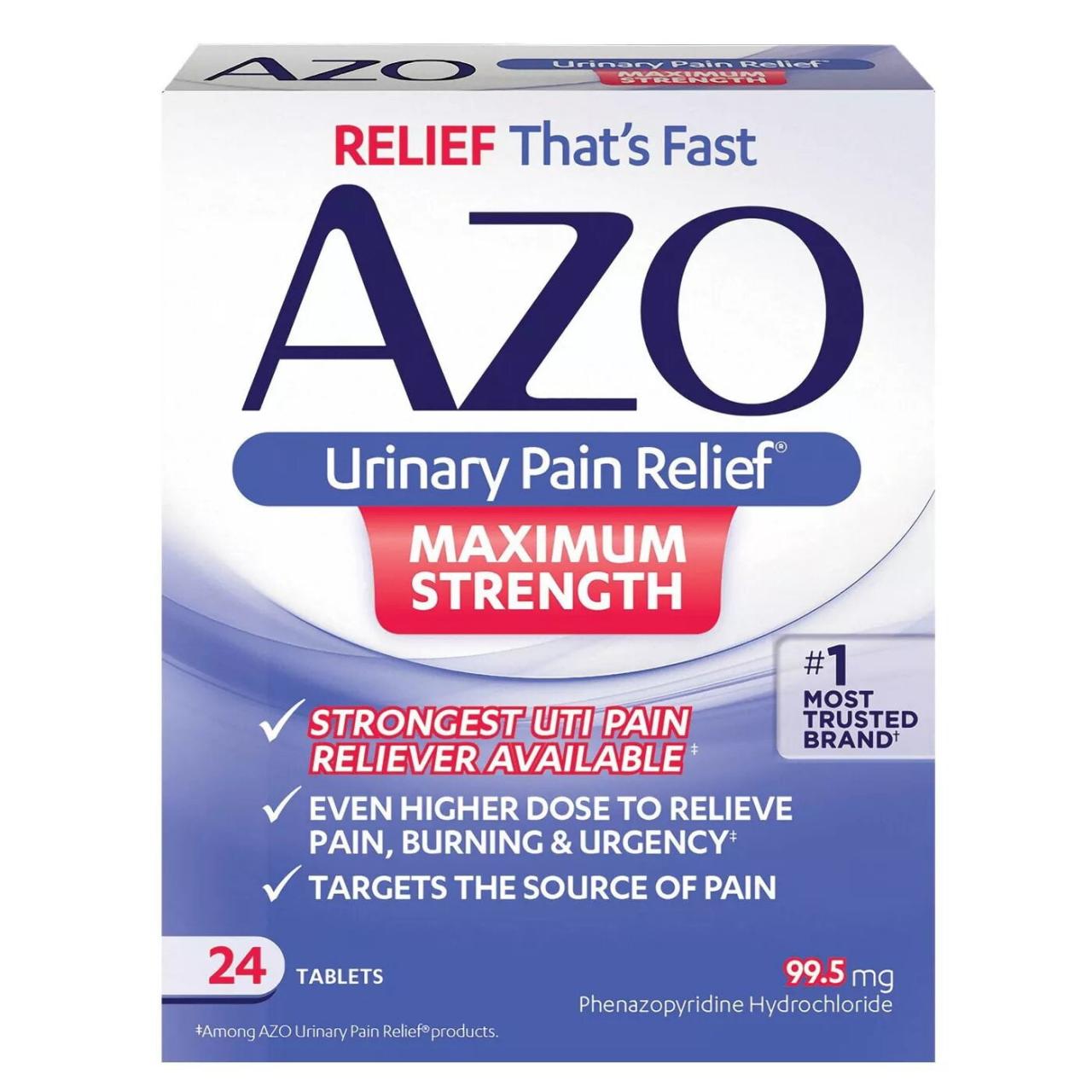Medical science is a captivating tapestry woven from countless threads of discovery, innovation, and compassion. It encompasses a vast array of disciplines, from the intricate workings of the human body to the development of cutting-edge technologies that revolutionize healthcare delivery.
From the ancient healers who first recognized the power of herbs and remedies to the groundbreaking advancements of modern medicine, the medical field has continuously evolved, pushing the boundaries of human knowledge and improving the quality of life for countless individuals.
The Medical Field: An Overview
The medical field is a vast and complex realm dedicated to understanding, diagnosing, treating, and preventing diseases and injuries. It encompasses a wide range of disciplines and specialties, each with its unique focus and contributions to human health and well-being.
From the intricate workings of the human body to the development of groundbreaking technologies, the medical field is a dynamic and constantly evolving area of knowledge and practice.
History of Medical Advancements
The history of medicine is a testament to human ingenuity and perseverance in the pursuit of health and longevity. From the early civilizations that developed rudimentary medical practices to the groundbreaking discoveries of modern science, medical advancements have shaped the course of human history.
Some significant milestones include:
- Ancient Egypt (3000 BCE):The Egyptians developed sophisticated surgical techniques, including setting bones and treating wounds. They also had a deep understanding of anatomy and physiology, as evidenced by their detailed anatomical drawings and medical papyri.
- Ancient Greece (5th Century BCE):The Greeks, particularly Hippocrates, emphasized the importance of observation and rational thought in medicine. They introduced the concept of disease as a natural phenomenon and developed the Hippocratic Oath, which remains a cornerstone of medical ethics.
- Renaissance (14th-16th Centuries):The Renaissance saw a resurgence of interest in anatomy and physiology, led by figures like Leonardo da Vinci and Andreas Vesalius. This period also witnessed the invention of the printing press, which facilitated the dissemination of medical knowledge.
- 19th Century:The 19th century saw major advancements in the understanding of infectious diseases, thanks to the work of Louis Pasteur and Robert Koch. This period also saw the development of vaccines and antiseptics, which revolutionized the treatment of diseases.
- 20th Century:The 20th century witnessed the development of antibiotics, organ transplantation, and other groundbreaking medical technologies. The advent of modern medicine led to a dramatic increase in life expectancy and a significant decline in mortality rates.
Core Values and Principles
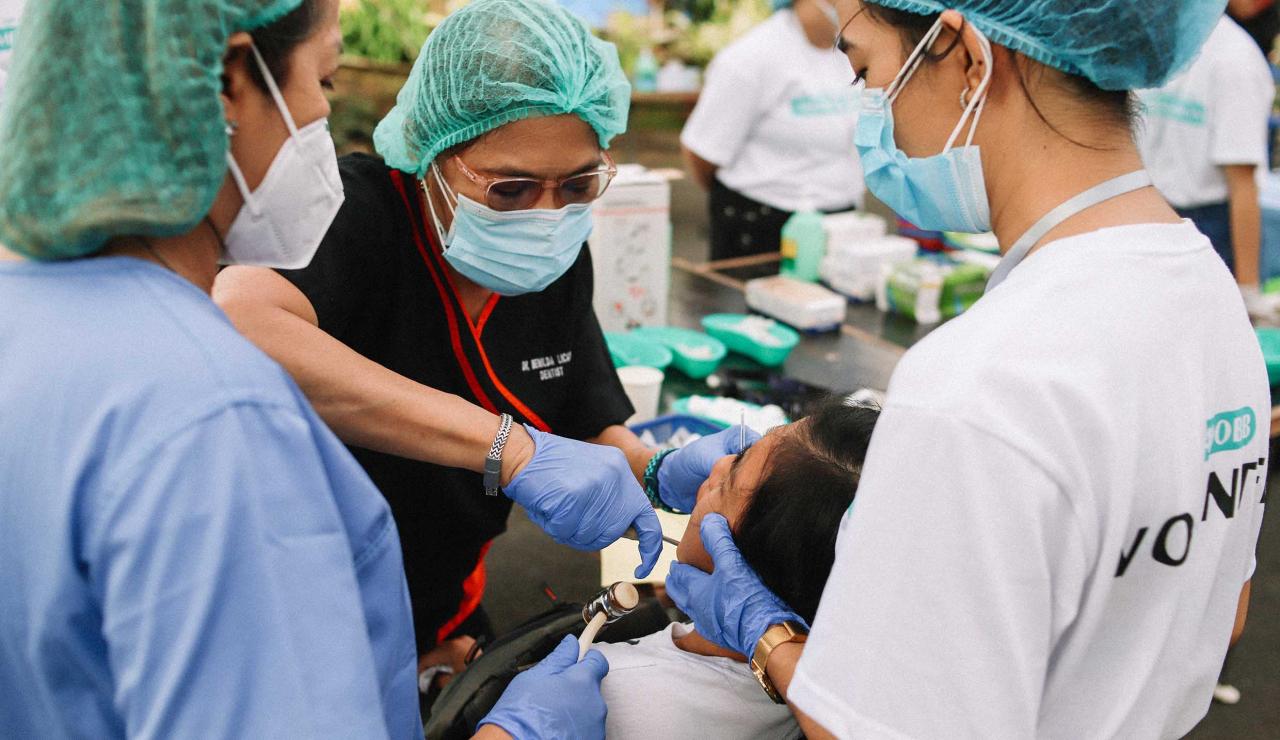
The practice of medicine is guided by a set of core values and principles that prioritize patient well-being and ethical conduct. These include:
- Beneficence:Acting in the best interests of the patient and striving to promote their health and well-being.
- Non-maleficence:Avoiding harm to the patient and minimizing any potential risks associated with medical interventions.
- Autonomy:Respecting the patient’s right to make informed decisions about their own health care.
- Justice:Ensuring fair and equitable access to medical care for all individuals.
Medical Specialties
The medical field is highly specialized, with physicians and other healthcare professionals focusing on specific areas of expertise. These specialties reflect the complexity of human health and the need for specialized knowledge and skills to address various medical conditions.
Major Medical Specialties
Here is a list of major medical specialties, along with brief descriptions of their focus:
- Internal Medicine:Internal medicine specialists focus on the diagnosis and treatment of diseases affecting adults. They specialize in a wide range of conditions, including heart disease, diabetes, and respiratory illnesses.
- Pediatrics:Pediatricians specialize in the care of children, from birth to adolescence. They diagnose and treat a wide range of childhood illnesses and developmental issues.
- Surgery:Surgeons perform surgical procedures to treat injuries, diseases, and deformities. They specialize in specific areas of the body, such as general surgery, cardiovascular surgery, or neurosurgery.
- Psychiatry:Psychiatrists specialize in the diagnosis and treatment of mental health disorders. They use a combination of medication and psychotherapy to help patients manage their conditions.
- Obstetrics and Gynecology:Obstetricians and gynecologists specialize in the care of women, including pregnancy, childbirth, and women’s reproductive health.
- Dermatology:Dermatologists specialize in the diagnosis and treatment of skin, hair, and nail disorders. They treat a wide range of conditions, including acne, eczema, and skin cancer.
- Cardiology:Cardiologists specialize in the diagnosis and treatment of heart disease. They use advanced diagnostic tools and therapeutic interventions to manage cardiovascular conditions.
- Neurology:Neurologists specialize in the diagnosis and treatment of disorders affecting the brain, spinal cord, and nerves. They treat conditions such as stroke, epilepsy, and Parkinson’s disease.
- Oncology:Oncologists specialize in the diagnosis and treatment of cancer. They use a variety of therapies, including surgery, radiation therapy, and chemotherapy, to fight cancer cells.
- Radiology:Radiologists use imaging techniques, such as X-rays, CT scans, and MRIs, to diagnose and treat diseases. They interpret images to identify abnormalities and guide treatment decisions.
- Pathology:Pathologists study the causes and effects of diseases. They analyze tissue samples and body fluids to diagnose diseases and determine the cause of death.
- Emergency Medicine:Emergency medicine physicians provide immediate care to patients experiencing life-threatening conditions. They work in emergency rooms and other critical care settings.
- Family Medicine:Family physicians provide comprehensive medical care to patients of all ages. They treat a wide range of conditions and provide preventive care services.
Roles and Responsibilities of Medical Specialists
While each medical specialty has its unique focus, there are common roles and responsibilities shared by all medical professionals:
- Patient Care:Providing comprehensive medical care to patients, including diagnosis, treatment, and follow-up.
- Medical Knowledge:Maintaining a high level of medical knowledge and staying current with the latest advancements in their field.
- Communication:Communicating effectively with patients, families, and other healthcare professionals.
- Ethical Conduct:Adhering to ethical principles and professional standards in the practice of medicine.
- Research and Education:Participating in medical research and contributing to the education of future healthcare professionals.
Challenges and Rewards
Each medical specialty presents its own unique challenges and rewards. For example, surgeons face the pressure of performing complex procedures under time constraints, while pediatricians deal with the emotional challenges of caring for sick children. However, all medical professionals share the common reward of helping patients improve their health and well-being.
Medical Technologies and Innovations
The medical field is constantly evolving, driven by advancements in technology and innovation. These advancements have revolutionized healthcare delivery, improving diagnostic accuracy, treatment effectiveness, and patient outcomes.
Impact of Cutting-Edge Technologies
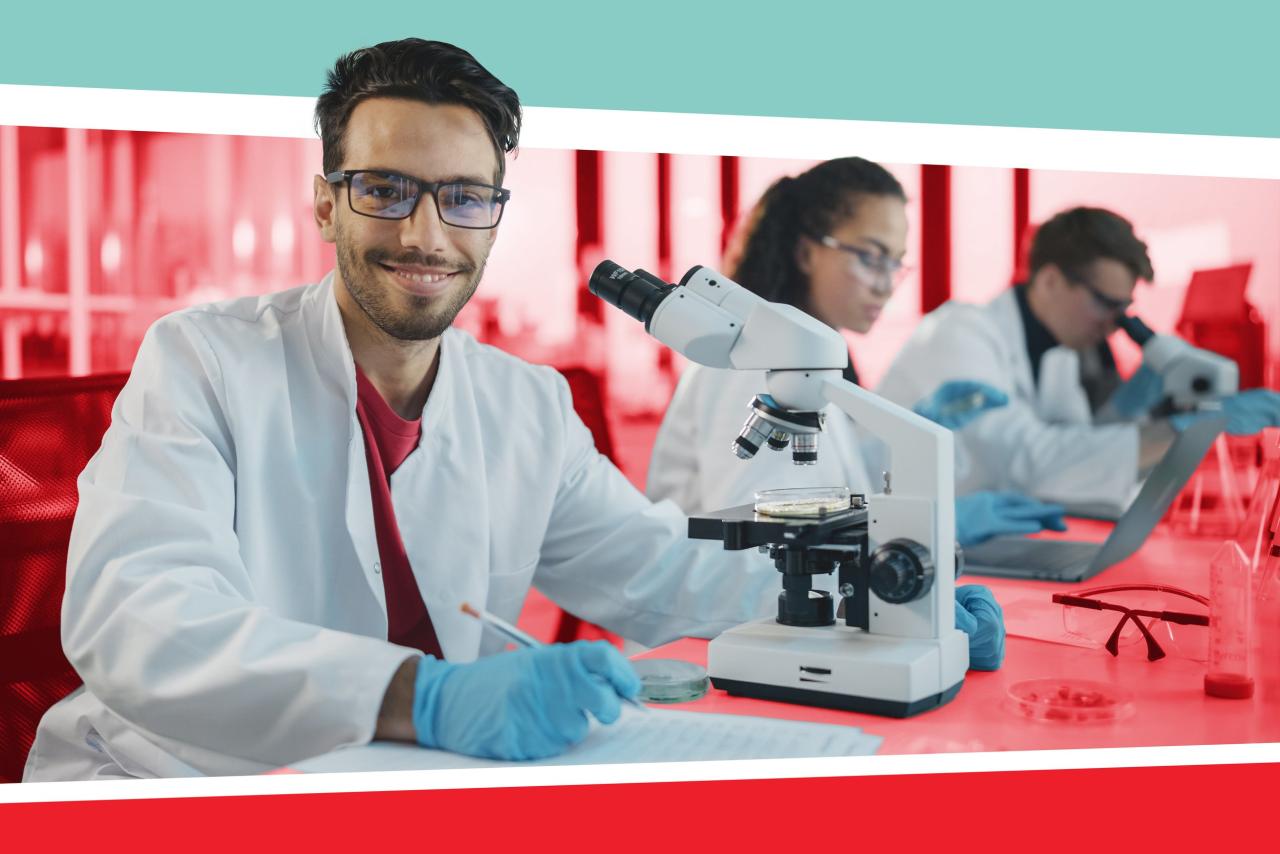
Cutting-edge technologies, such as artificial intelligence (AI), robotics, and gene editing, are transforming the medical landscape:
- Artificial Intelligence (AI):AI is being used to analyze vast amounts of medical data, identify patterns, and predict disease risks. AI-powered systems can assist in diagnosis, treatment planning, and drug discovery.
- Robotics:Robots are increasingly used in surgery, providing greater precision and minimizing invasiveness. Robotic surgery systems allow surgeons to perform complex procedures with greater dexterity and control.
- Gene Editing:Gene editing technologies, such as CRISPR-Cas9, allow scientists to modify genes with unprecedented precision. This technology holds promise for treating genetic diseases and developing new therapies.
Medical Devices and Their Applications
Here is a table showcasing various medical devices and their applications:
| Medical Device | Application |
|---|---|
| Electrocardiogram (ECG) | Records electrical activity of the heart to diagnose heart conditions. |
| Magnetic Resonance Imaging (MRI) | Creates detailed images of organs and tissues using magnetic fields and radio waves. |
| Computed Tomography (CT) Scan | Uses X-rays to create cross-sectional images of the body. |
| Ultrasound | Uses sound waves to create images of organs and tissues. |
| Pacemaker | Regulates the heart rhythm in patients with heart block or other heart conditions. |
| Defibrillator | Delivers an electric shock to restore normal heart rhythm in patients experiencing cardiac arrest. |
| Insulin Pump | Delivers insulin continuously to patients with diabetes. |
| Hearing Aids | Amplify sound to improve hearing in patients with hearing loss. |
Revolutionizing Healthcare Delivery
Technological advancements have revolutionized healthcare delivery in several ways:
- Improved Diagnosis:Advanced imaging techniques and diagnostic tests have significantly improved the accuracy and speed of disease diagnosis.
- Enhanced Treatment Options:New technologies have led to the development of more effective and targeted treatments, improving patient outcomes.
- Personalized Medicine:Technologies like gene sequencing and AI are enabling personalized medicine, tailoring treatments to individual patients’ genetic profiles and other unique characteristics.
- Telemedicine:Telemedicine platforms allow patients to consult with healthcare professionals remotely, improving access to care for individuals in rural or underserved areas.
Medical Ethics and Bioethics
The practice of medicine raises a complex array of ethical considerations, including the conduct of medical research, patient privacy, and informed consent. Medical ethics and bioethics provide frameworks for navigating these challenges and ensuring that medical practices align with moral principles and societal values.
Ethical Considerations
Here are some key ethical considerations in medicine:
- Medical Research:Research involving human subjects must be conducted ethically, ensuring that participants are fully informed about the risks and benefits of participation and that their rights are protected.
- Patient Privacy:Medical professionals have a responsibility to protect patient privacy and confidentiality. They must obtain informed consent before disclosing any medical information.
- Informed Consent:Patients have the right to make informed decisions about their health care. Medical professionals must provide patients with clear and understandable information about their medical condition, treatment options, and potential risks and benefits.
- Resource Allocation:Healthcare resources are often limited, requiring difficult decisions about how to allocate them fairly and equitably. Ethical considerations play a role in ensuring that resources are distributed according to need and justice.
Ethical Dilemmas
Medical professionals often face ethical dilemmas, such as:
- End-of-Life Care:Deciding when and how to withdraw life-sustaining treatment for terminally ill patients.
- Genetic Testing:Balancing the benefits of genetic testing with the potential for discrimination based on genetic information.
- Organ Transplantation:Allocating scarce organs for transplantation based on ethical criteria.
- Assisted Reproduction:Addressing ethical issues related to in vitro fertilization, surrogacy, and genetic selection.
Role of Medical Ethics
Medical ethics plays a crucial role in shaping healthcare policy and practice:
- Guiding Medical Practice:Ethical principles provide a framework for medical professionals to make decisions in complex and challenging situations.
- Promoting Patient Trust:Ethical conduct builds trust between patients and healthcare professionals, fostering a positive and respectful relationship.
- Shaping Healthcare Policy:Ethical considerations influence the development of healthcare policies and regulations, ensuring that medical practices are aligned with societal values.
The Future of Medicine
The medical field is constantly evolving, driven by emerging trends and technological advancements. The future of medicine promises exciting new possibilities for improving human health and well-being.
Emerging Trends and Predictions
Here are some emerging trends and predictions for the future of medicine:
- Personalized Medicine:Personalized medicine, tailored to individual patients’ genetic profiles and other unique characteristics, is becoming increasingly prevalent. This approach aims to optimize treatment outcomes and minimize side effects.
- Telemedicine:Telemedicine, which allows patients to consult with healthcare professionals remotely, is expected to continue expanding, improving access to care for individuals in rural or underserved areas.
- Artificial Intelligence (AI):AI is expected to play an increasingly important role in medical diagnosis, treatment planning, and drug discovery. AI-powered systems can analyze vast amounts of medical data, identify patterns, and predict disease risks.
- Gene Editing:Gene editing technologies, such as CRISPR-Cas9, hold promise for treating genetic diseases and developing new therapies. These technologies allow scientists to modify genes with unprecedented precision.
- Biotechnology:Biotechnology is expected to revolutionize medicine, leading to the development of new drugs, vaccines, and therapies. Biotechnology companies are working to develop innovative solutions for a wide range of diseases.
Challenges and Opportunities
The future of medicine also presents challenges and opportunities:
- Ethical Considerations:As new technologies emerge, it is crucial to address the ethical implications of their use, ensuring that they are used responsibly and ethically.
- Cost of Healthcare:The cost of healthcare is a significant concern, and new technologies can be expensive to develop and implement. Finding ways to make these technologies affordable and accessible to all is a major challenge.
- Data Privacy:The increasing use of medical data raises concerns about patient privacy and data security. Ensuring that medical data is used responsibly and ethically is essential.
- Workforce Development:The medical field needs to prepare a workforce that is equipped to use new technologies and address emerging health challenges.
Timeline of Anticipated Advancements
Here is a timeline illustrating key milestones and anticipated advancements in the coming years:
| Year | Anticipated Advancements |
|---|---|
| 2025 | Widespread adoption of AI-powered diagnostic tools. |
| 2030 | Development of gene editing therapies for genetic diseases. |
| 2035 | Personalized medicine becomes the standard of care. |
| 2040 | Advancements in regenerative medicine lead to new treatments for organ failure. |
| 2045 | AI-powered robots assist surgeons in performing complex procedures. |
Last Word
As we stand at the precipice of a new era in medicine, we can only marvel at the potential that lies ahead. The convergence of technology, personalized medicine, and a growing understanding of the human genome promises to transform healthcare in ways we can only begin to imagine.
The future of medicine is a bright one, filled with hope for a healthier and more vibrant world.

